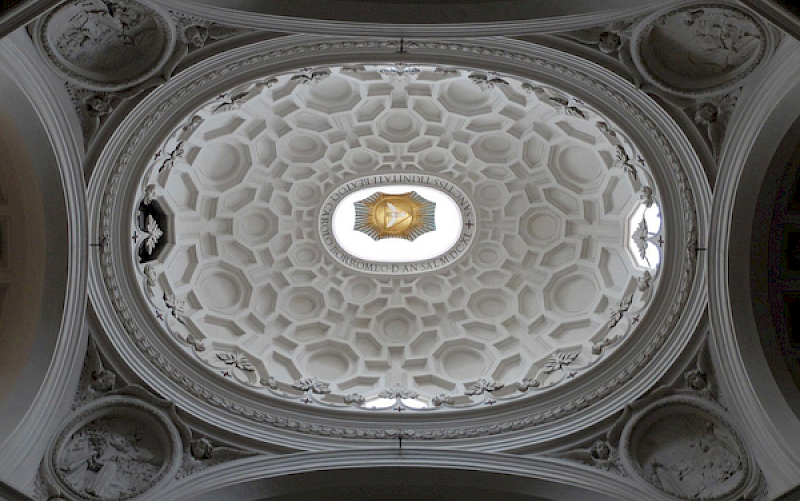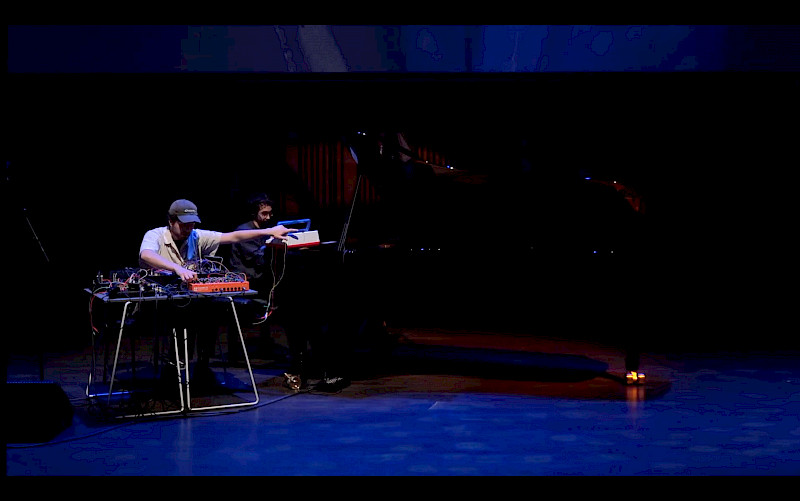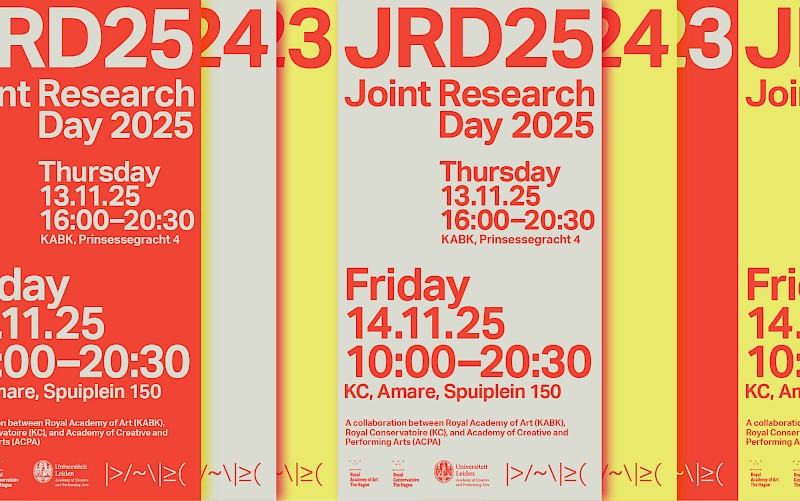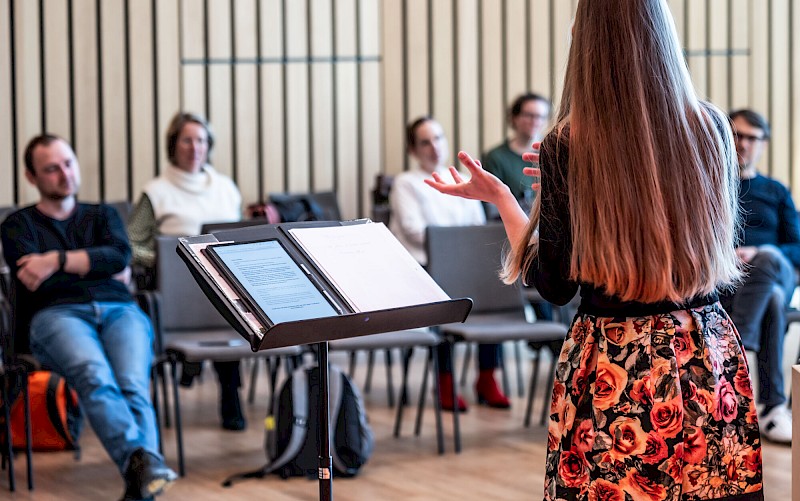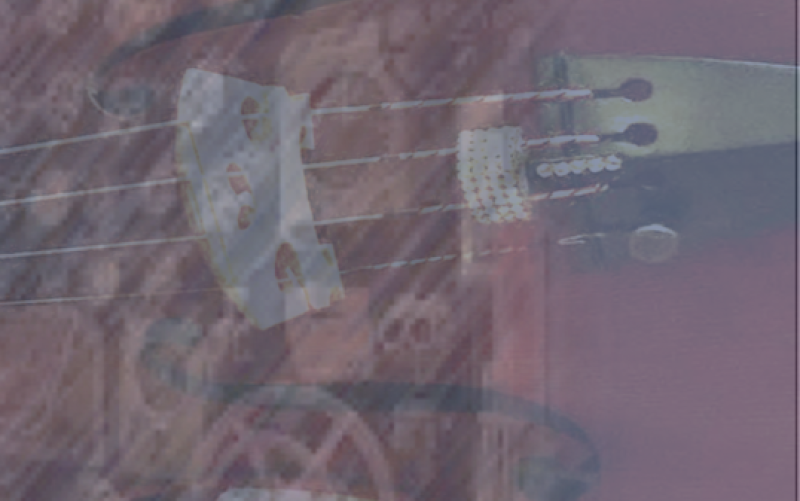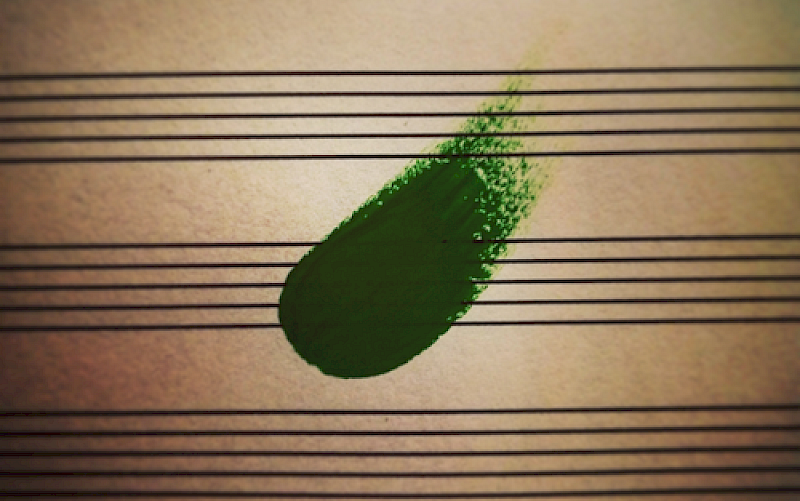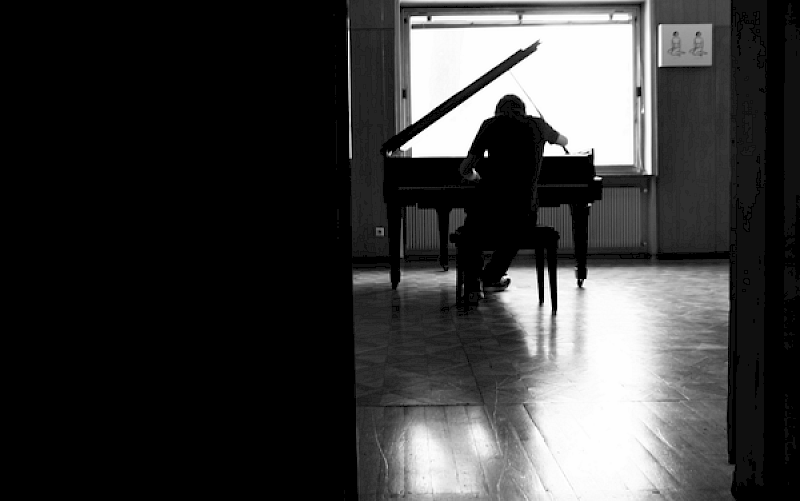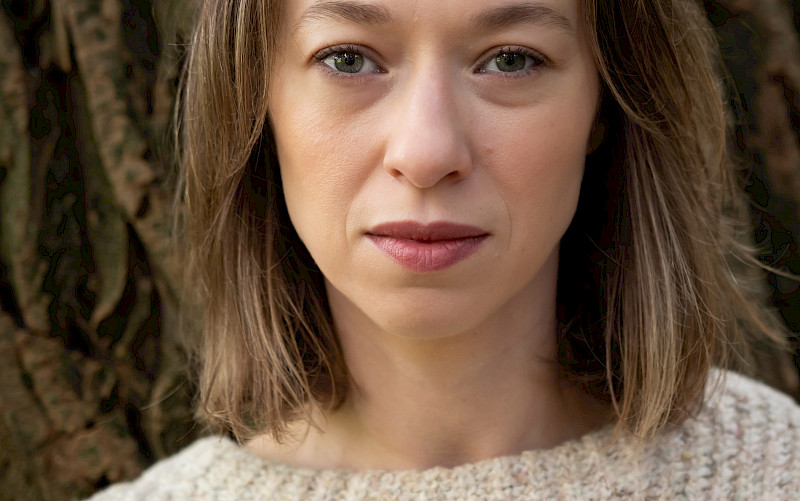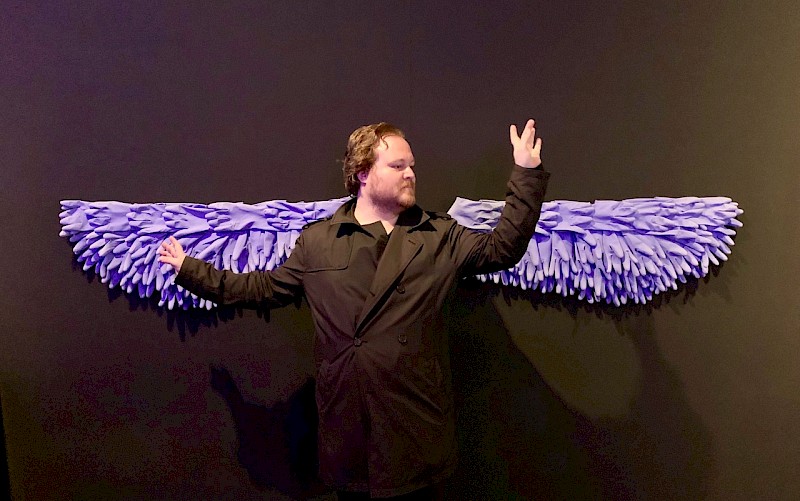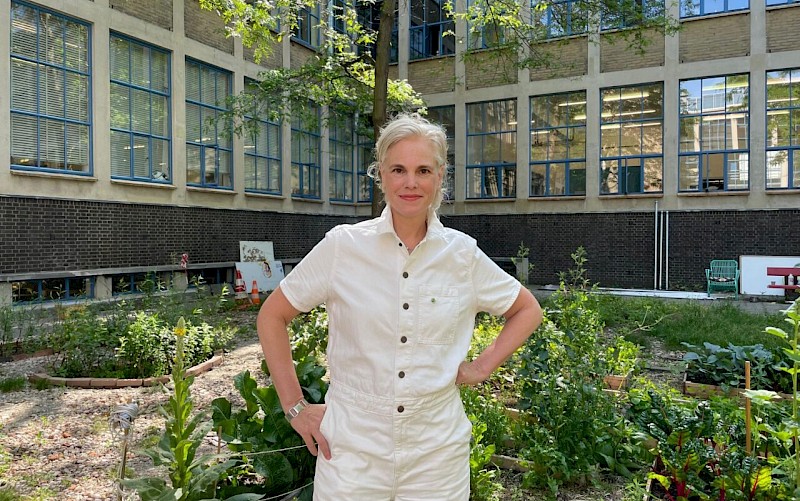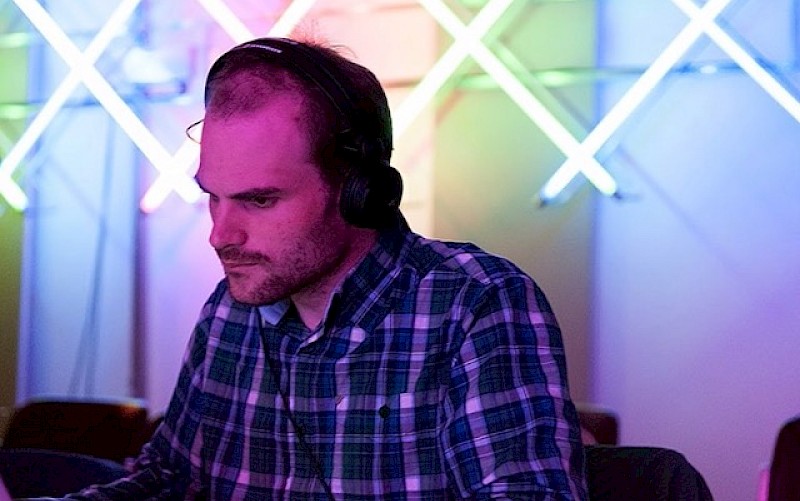Collecting Repertoire for Kodály-inspired Music Lessons in Dutch Elementary Schools
Name: Daniel Salbert Main subject: Theory of Music Research coach: László Norbert Nemes Title of research: Collecting Repertoire for a Kodály-inspired Music Curriculum Research question: Is it possible to gather Relevant Repertoire for Dutch Elementary Schools to build a Kodály-inspired Music Curriculum? Abstract Six years ago, I visited a Kodály-course in Manchester, UK. This was the initial experience that changed my whole teaching and also my view on Music Education in general. After several study tours to Hungary I was convinced that it would be possible to develop a Kodály-inspired Music curriculum for Dutch elementary schools. Musical skills should and can be taught to anyone, beginning already in elementary school and not only at conservatoire level. As Kodály puts it: “Let music belong to everyone”. Singing musical repertoire is the fundament of all Kodály-inspired music teaching. So I began collecting relevant repertoire for Kodály-inspired music lessons in Dutch elementary schools: songs, rhymes, singing games, (folk) dances, canons, quodlibets, etc. To answer the research question I have collected many Dutch and International song books for elementary school from past to present and went through them for closer musical analysis. Besides, I researched song material at the Meertens Institute Amsterdam, organized a (folk) dancing workshop for elementary school teachers and went on study tours to Budapest and Glasgow. And of course I took notice of the repertoire that my fellow Kodály-colleagues at the Royal Conservatoire (KC) used. Searching and collecting repertoire became an attitude. But searching repertoire is not a theoretical business. Therefore, in the last two years I was testing repertoire in some of my classes: 1) Jong-KC-junior-students of the Royal Conservatoire at the age of 7-9 years; these children were following a special talent education. 2) ‘Normal’ children of the age of 6-8 years at a local Dutch elementary school. To gather the repertoire I built a database in File Maker Pro. I analysed the repertoire concerning musical parameters that are relevant to build a curriculum for Music education. The advantage of such a database is the fact that it is searchable. So when building a curriculum, repertoire can be grouped and sequenced according to the musical learning goals that are aimed at. Also staff notation, a game description and a demonstration video are provided. In the future I would like to transform this into an online database that could serve as a repertoire source for any Music teacher. After two years of research I can positively answer the research question. The next step would be to sequence the repertoire for the benefit of a step-by-step curriculum for the full eight years of Dutch elementary school education. Then Music at Dutch elementary schools might again become a subject that matters. Biography Daniel Salbert (Nuremberg, Germany 1971), studied Music Teaching (BA 1999), Choral Conducting (BA 2001) and Music Theory (BA 2009) at the Royal Conservatoire of The Hague (KC). He conducted different choirs such as children, chamber and oratorio choirs. At the moment he conducts the Young Talent Choirs and the First Year’s Choir of the KC and Concertkoor Rijswijk. He teaches Musicianship and Solfege for the Singing Department of the KC. He also teaches Solfege and Kodály-methodology for the Saturday-course “Music as a Subject” and the Master “Music Education according to the Kodály-concept”. He also teaches Musicianship and Music Theory at the School for Young Talent of the KC.
